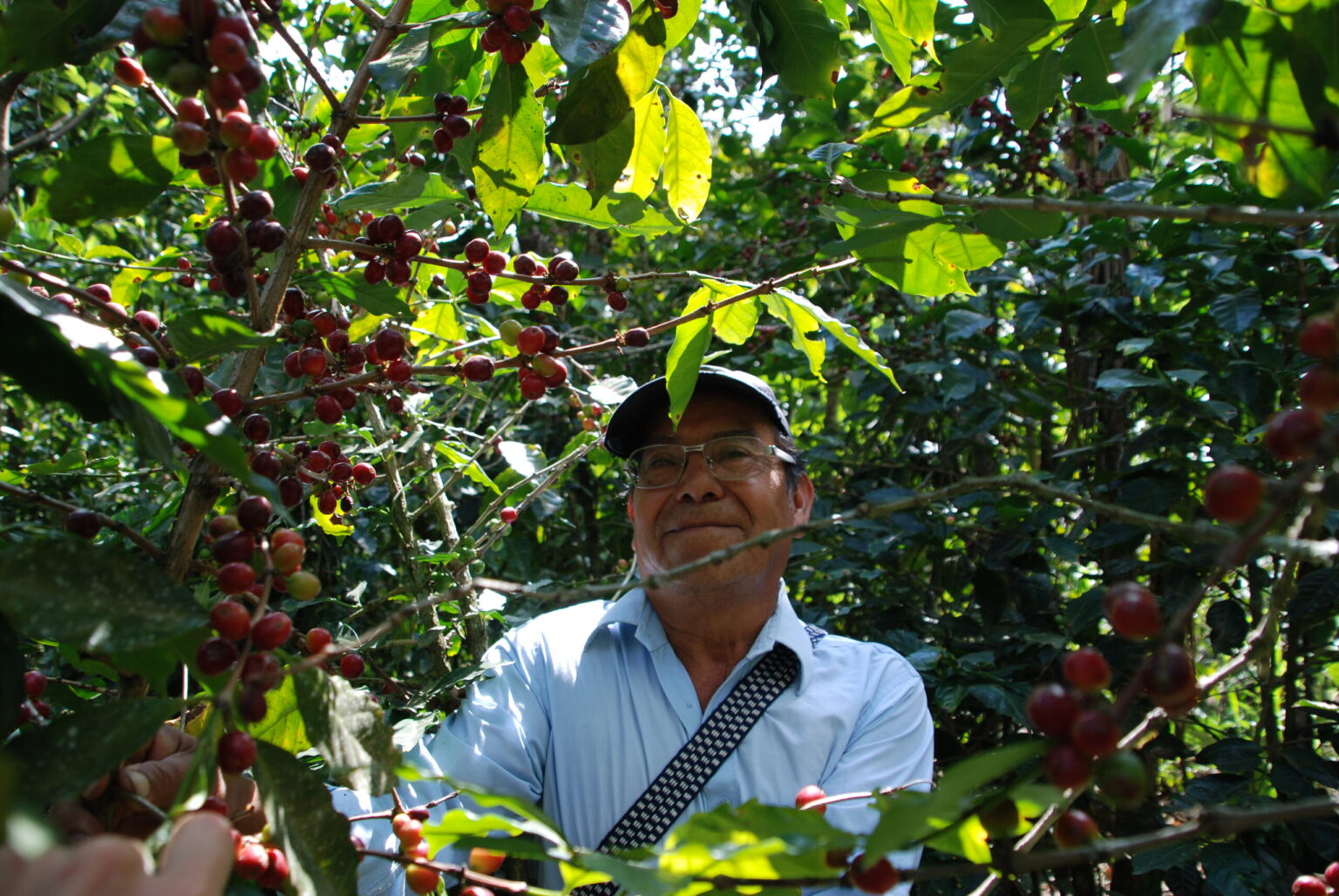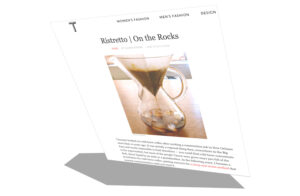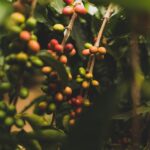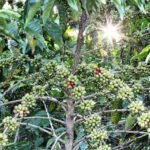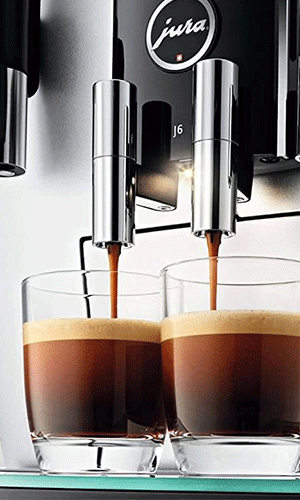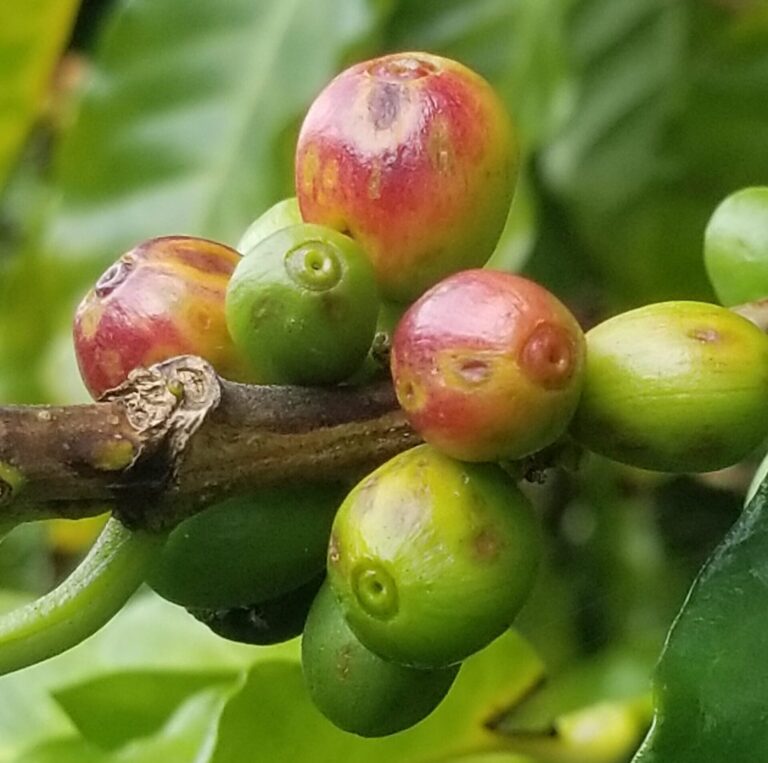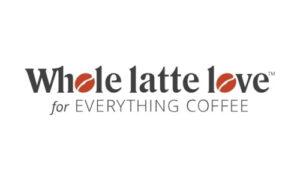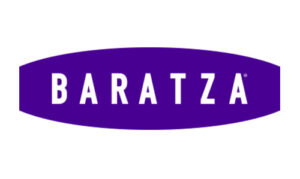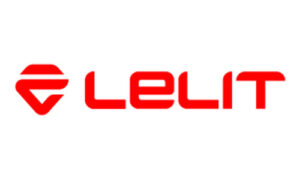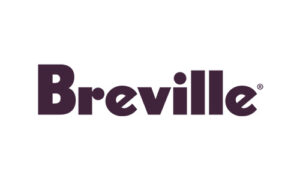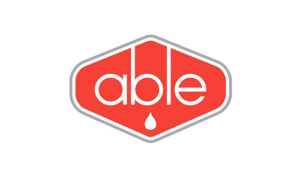When Covid cases were first starting to rise in North America and lockdowns ensued, De la Gente (DLG) had to decide what to do with four containers of coffee. But these weren’t containers you might store a pound or two of coffee in to brew at home. These were containers that together stock approximately 167,000 pounds of green coffee from the five cooperatives in Guatemala that the non-profit DLG partners with.
Ordinarily, much of this coffee would go to roasters and coffee shops in North America looking for single origin and microlot beans. But many of these businesses couldn’t continue as usual, leaving DLG and the farmers it works with in a precarious position.
“Our partner producers were in the middle of the harvest by then and could not find another buyer for their crop,” says Danilo Rodríguez, director of operations at DLG.
Nevertheless, the organization went forward with its original purchase plan to buy and sell all of this coffee from its partner cooperatives.
“DLG assuming the risk saved the producers from an economic recession. And our team had to make extra efforts and work really hard to find a home for the coffee. Fortunately, most of the coffee was sold, with just 10% remaining by the end of the year 2020,” explains Rodríguez.
Adapting to a New Business Environment
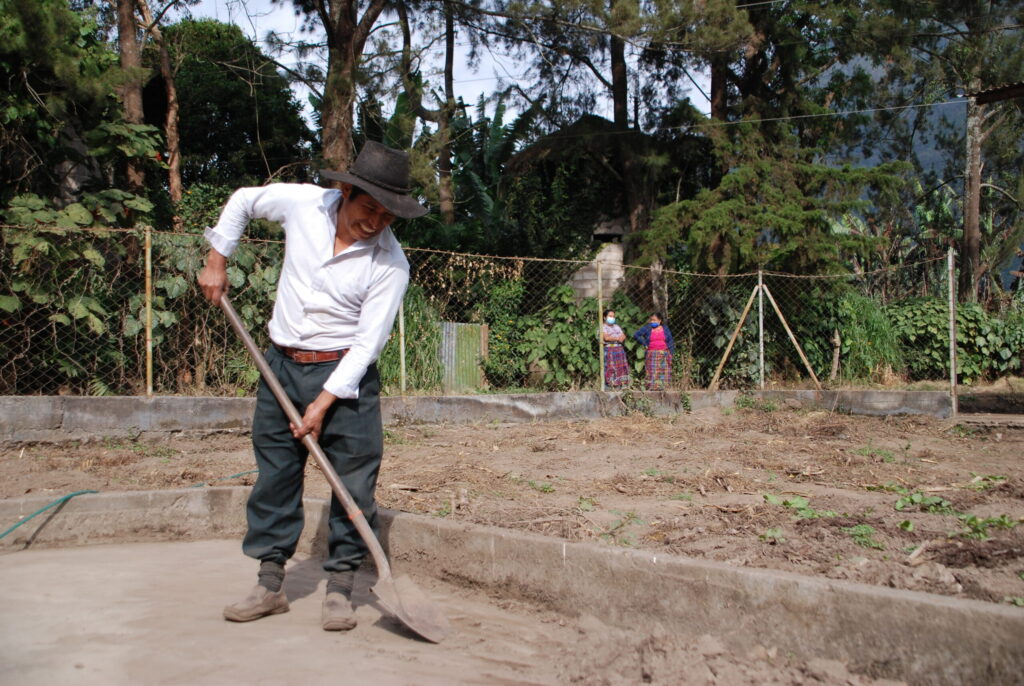
While DLG was able to find buyers for literally tons of coffee, operating in this environment has been full of ups and downs, frustrations and silver linings, adaptations and anticipation for a return to normal.
For example, while getting green coffee into the hands of North American buyers was an uphill albeit mostly successful climb, DLG didn’t just have to rely on wholesale channels. The organization also sells coffee to consumers online. As it turns out, roasted coffee sales actually grew in 2020 ”because many individuals were ordering coffee to drink at home during the lockdown,” says Rodríguez.
However, other consumer channels simply couldn’t operate business-as-usual. DLG typically relies heavily on tourism to fund its own operations, with visitors getting an up-close-and-personal experience of partner farms in Guatemala (which inspired this CoffeeGeek blog on visiting a coffee farm). These tours also generate revenue for the coffee producers that DLG works with. So when Covid hit, DLG had to pivot, all while the organization’s staff switched to working from home.
“We have had to be very creative,” says Rodríguez.
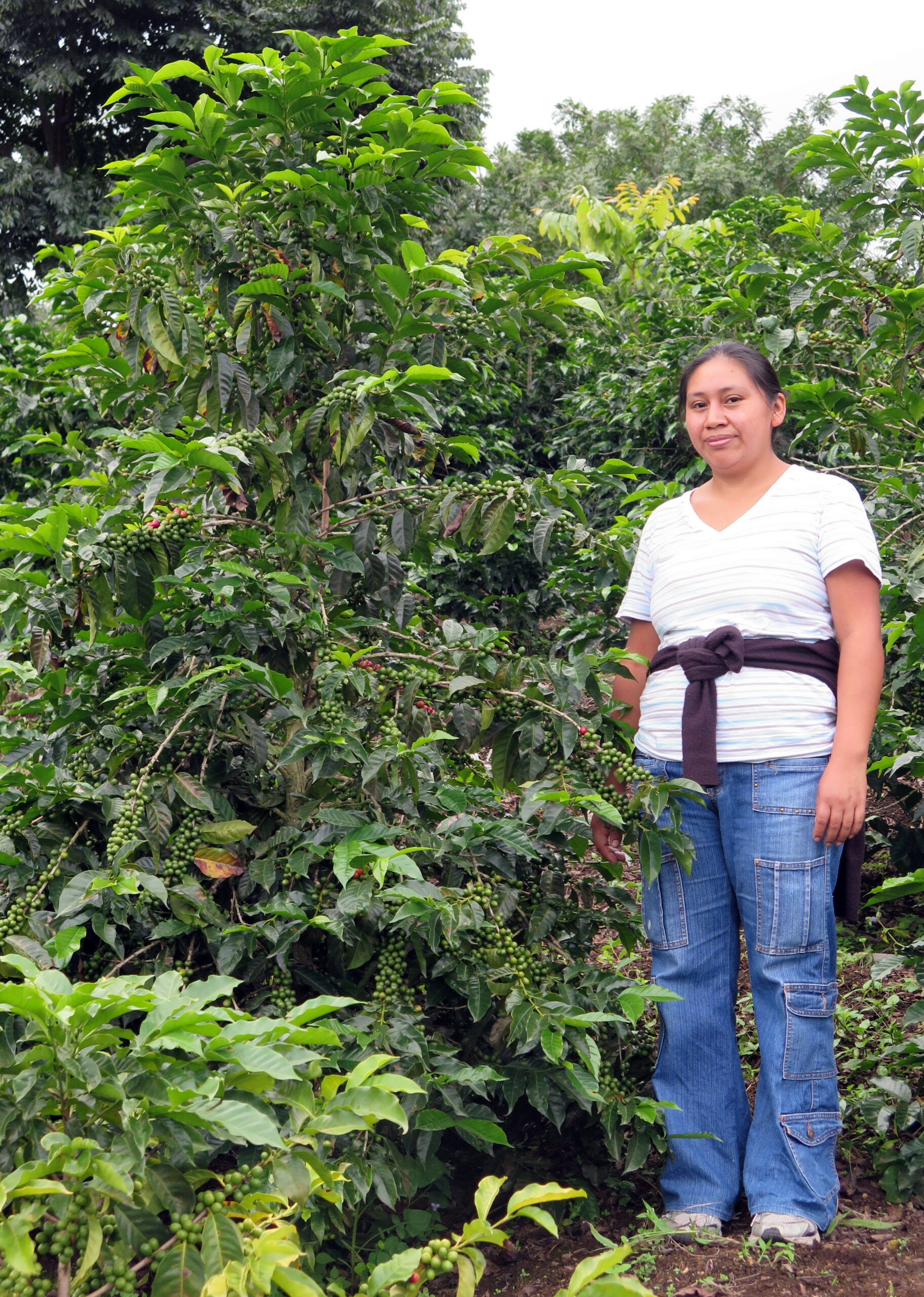
One way DLG has pivoted has been by launching virtual coffee tours, which include a 20-minute video on coffee farming and the option to have a Zoom meeting with a farmer from one of the cooperatives. The organization has also launched an online, six-session coffee course to learn about things like the coffee production process and associated business models.
Looking Ahead Optimistically
Going forward, DLG hopes to resume in-person tours in 2022 but is unsure when exactly that can happen, given relatively slow vaccine rollouts in Guatemala and uncertainty around tourism. Still, the pandemic has shown that a wide range of organizations, including those in the coffee world like DLG, can adapt and even find new opportunities to leverage long-term.
“We’ve made many new relationships and alliances with companies worldwide who are interested in offering our coffee tours for corporate events. It is indeed the upside of the pandemic; many new projects were born and new ways of [working emerged to] continue making changes in the lives of the 137 producers we partner with and their families,” says Rodríguez.
Jake Safane is a freelance journalist and content marketer living in LA who's worked for companies like The Economist. When's he not drinking coffee to fuel his writing, he enjoys baking vegan goodies and exercising.
-
Jake Safanehttps://coffeegeek.com/author/j-safane/January 12, 2023
-
Jake Safanehttps://coffeegeek.com/author/j-safane/April 6, 2022
-
Jake Safanehttps://coffeegeek.com/author/j-safane/May 4, 2021

